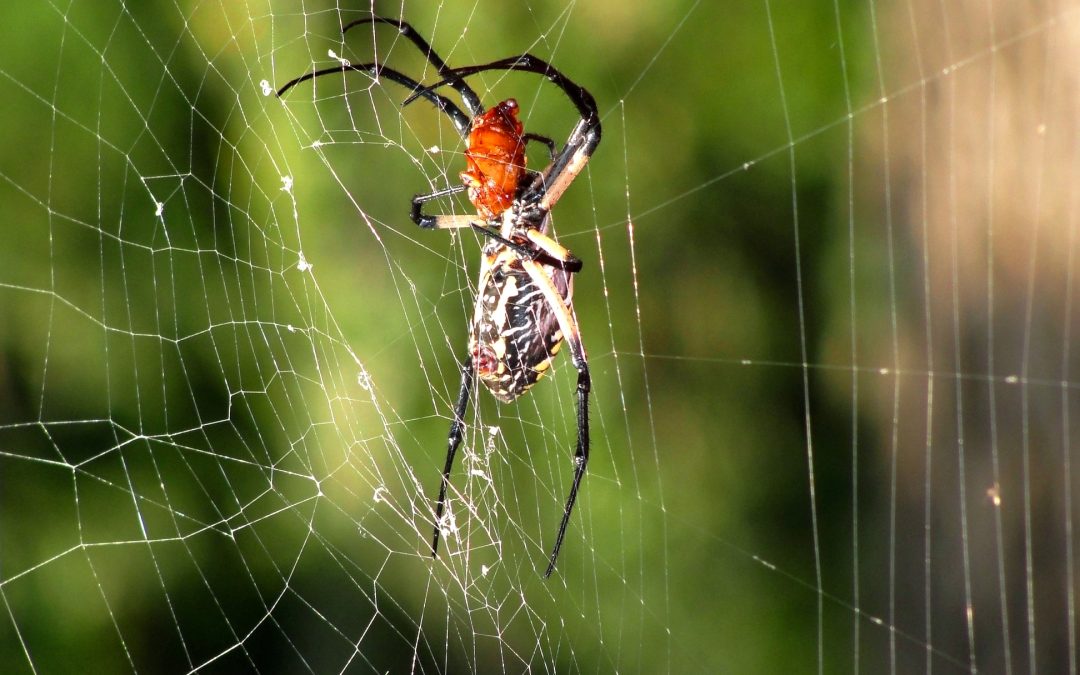Introduction
Spiders play a crucial role in maintaining a balanced garden ecosystem. A “spiders garden” is a concept where gardeners intentionally cultivate an environment that supports various spider species. These beneficial arachnids naturally control pests, reducing the need for chemical pesticides. This article explores how to create and maintain a thriving spiders garden, the benefits spiders bring, and practical tips for gardeners interested in ecological pest management.
Why Create a Spiders Garden?
Spiders are natural predators that help control harmful insects such as aphids, caterpillars, and mosquitoes. Creating a spiders garden:
- Promotes biodiversity: Supporting spiders encourages a balanced ecosystem.
- Reduces chemical use: Fewer pesticides preserve soil and plant health.
- Enhances plant growth: With pest populations in check, plants can flourish.
Gardens rich in spider populations often see healthier plants and fewer pest outbreaks, making them sustainable and environmentally friendly.
Understanding Spider Species Commonly Found in Gardens
Orb-Weaver Spiders
Orb-weavers are easily recognizable by their large, circular webs. They prefer areas with plenty of flying insects and are highly beneficial for controlling mosquitoes and flies.
Wolf Spiders
These ground-dwelling hunters do not spin webs but actively chase prey. Wolf spiders help manage soil-dwelling pests and are often found among leaf litter and mulch.
Jumping Spiders
Known for their excellent vision and agility, jumping spiders hunt during the day and consume a variety of insects, including aphids and small beetles.
Funnel-Web Spiders
These spiders create dense, funnel-shaped webs in shrubs and tall grasses. They trap insects that wander into their webs, aiding in pest control.
How to Design Your Garden to Attract Spiders
Provide Diverse Vegetation
Diversity in plant species creates microhabitats for different spider types. Include native plants, flowering herbs, shrubs, and ground covers to support a wide range of insects and spiders.
Avoid Pesticides
Chemical pesticides can harm spiders directly or reduce their prey. Opt for organic pest control methods and encourage natural predators.
Create Shelter and Moisture Areas
Spiders need places to hide and lay eggs. Use mulch, leaf litter, rock piles, and logs to provide shelter. Water features or damp areas also create favorable humidity.
Maintain Web-Friendly Structures
Incorporate trellises, fences, and tall grasses where orb-weavers and funnel-web spiders can build webs safely away from heavy foot traffic.
Practical Tips to Encourage Spiders in Your Garden
- Plant night-blooming flowers: These attract nocturnal insects, providing food for nighttime hunters.
- Limit lawn mowing frequency: Taller grasses offer more habitat.
- Introduce companion plants: Plants like fennel and dill attract insects that serve as spider prey.
- Use organic mulches: These create moist environments for ground spiders.
Addressing Common Concerns About Spiders
Many people fear spiders due to misconceptions. Most garden spiders are harmless to humans and avoid contact. To coexist safely:
- Learn to identify common non-aggressive species.
- Avoid killing spiders; instead, relocate if necessary.
- Educate family members about the benefits of spiders.
Conclusion
Creating a spiders garden is a smart, eco-friendly strategy to naturally control pests and enhance garden health. By understanding spider species, designing supportive habitats, and adopting spider-friendly practices, gardeners can foster a balanced ecosystem. Embracing spiders in your garden not only reduces chemical use but also promotes biodiversity and plant vitality. Start cultivating your spiders garden today and experience a thriving, pest-resistant outdoor space.
